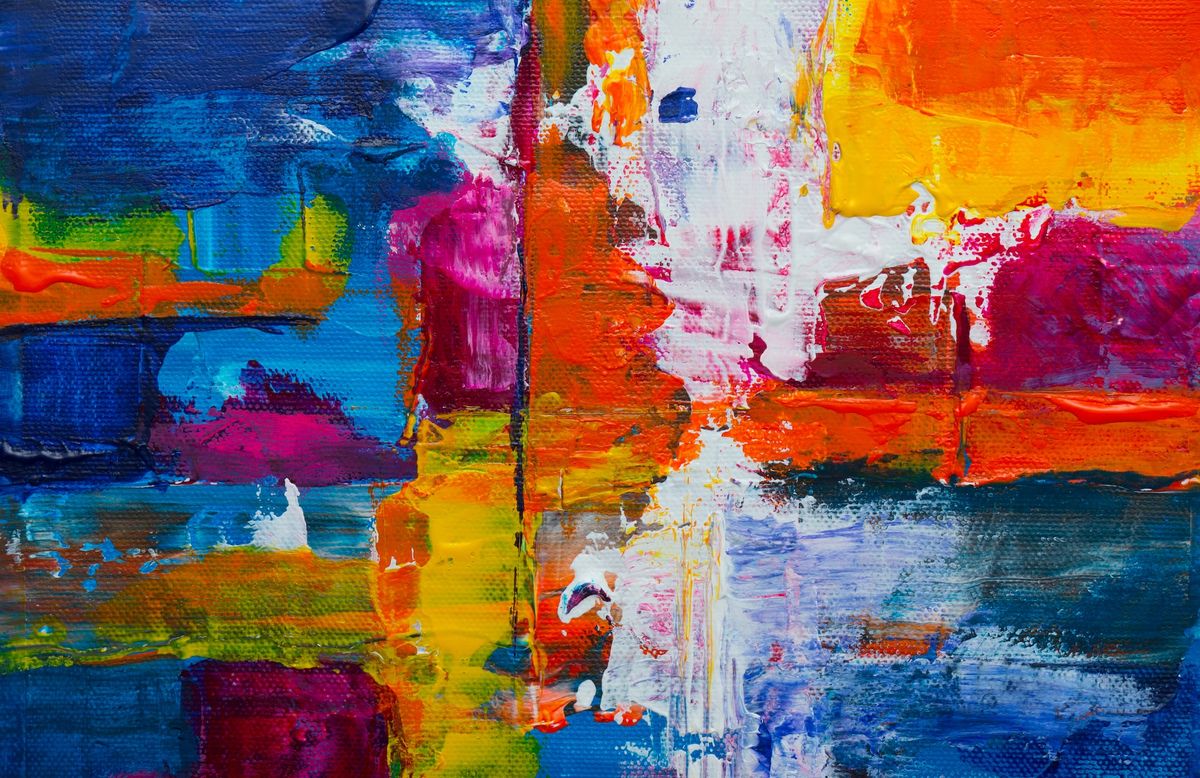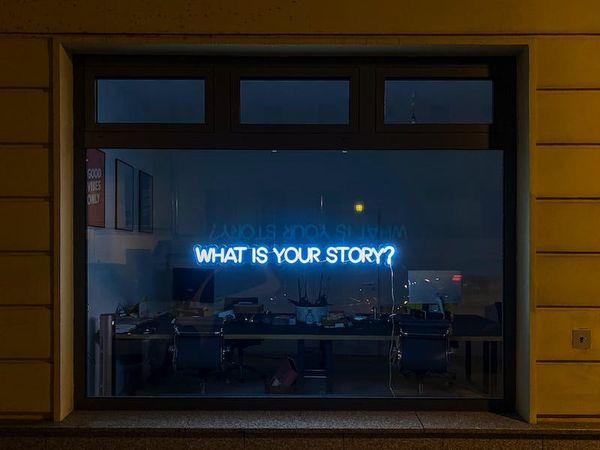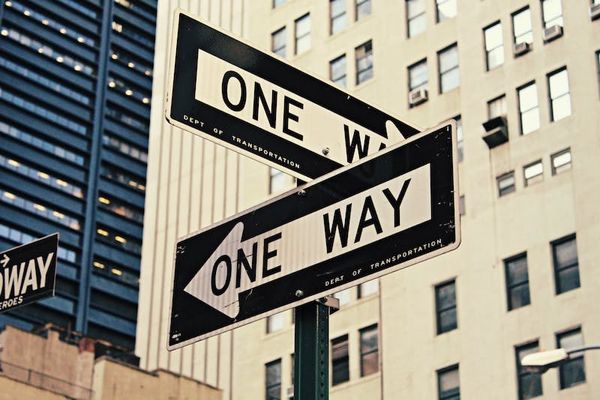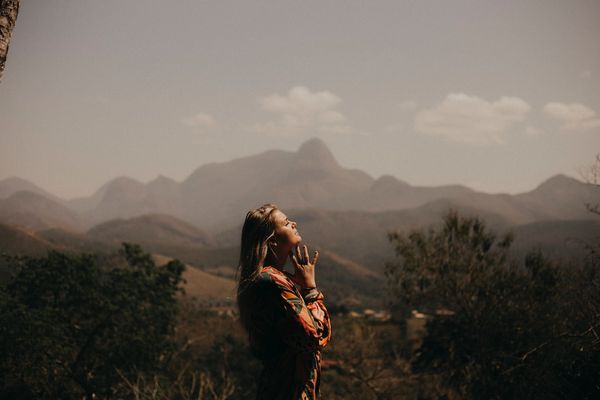Stop hiding from your art

Six months ago, I stopped publishing.
In September of last year, I started a newsletter on effortless action. I committed to publishing for twelve weeks, with the idea that each Wednesday I’d send an essay where I’d dive into a topic and how it relates to taking action.
I had a detailed graph of the topics I wanted to explore and an overflowing digital folder of content that I wanted to use for reference, but each week, my essay fell far from my vision.
Each essay was put together last minute. I usually wrote most of the piece the night before it was meant to go out, then sent it off with a quick edit in the morning.
I would take a breather for a day or two, maybe read a couple of articles on the weekend, then struggle to ideate the next one for a couple of days. That put me right back to Tuesday night, giving me half a day before my next self-imposed deadline.
I enjoyed the act of writing and publishing, and I actually sent all 12 newsletters. I even got a few really nice comments from people saying they loved it.
But this method wasn’t sustainable. The process was unreliable and the newsletter was nothing like what I truly wanted.
Two parts dissatisfaction, one part unreliability, a dash of completion, and a sprinkle of imposter syndrome, and I was left with a recipe to stop publishing.
It was a poison, for dramatic effect, to keep me from my art.
“But Joe!” I hear you scream, “I thought we were talking about writing here, not art!”
For the purposes of this essay, I’ll define art loosely as the work you dream about. Your creative expression, scratching away at the deepest pits of your stomach, begging to burst out.
Too often, we hush it with a finger of self-doubt held to our pursed lips. It can turn to a whisper, barely audible.
It’s something you, and only you, can create.
It isn’t just painting, drawing, or graphic design. It’s creation, in any form. Your art can be code, the written word, or even a business.
I like to think of it as a responsibility—a discipline. As much as healthy eating and exercising is a discipline that nourishes the body, the discipline of our art nourishes our soul.
Practicing an art, no matter how well or badly, is a way to make your soul grow, for heaven’s sake. – Kurt Vonnegut
But the fact that it is so important makes it easy to neglect. To shy away. To hide. This is even further exacerbated when we call it a “calling” or a “purpose.”
These bring the spotlight, the pressure, and the expectation to perform with perfection. To be everything you could be.
What if we mess up? What if it’s not what we imagined?
What if we’re not good enough?
I’ve spent most of my life in this shadow, hiding from my art. Distracting myself and playing it safe. But I only really understood that when I started reading this story called Blue Period.
It’s about a high school delinquent named Yatora, who gets great grades in school, and rejects his hunger to make art, because he’d rather play it safe and go to college for a “safer” option.
One day, Yatora gets dragged into the art room by his friend to help with some cleaning, and is mesmerized by some of the other students’ art. This inspiration leads him to listen to that tiny voice inside, quietly whispering “Why don’t I try?”
So, why not?
All throughout my life I’ve been like Yatora. As a straight-A student, I started college as a physics major, switched to marketing after a semester, then dropped out to work full-time in the marketing space.
Each decision was a game of chess, each move studied and carefully planned out in advance.
Even dropping out of college was done while hedging my bets. I took a “leave of absence” for a semester while I was working on getting a full-time job, so if all else failed, I could go right back and still keep my scholarships.
In doing this, I had neglected the things that I truly loved. I told myself that “I wasn’t a creative person.” I gave half-assed attempts at content creation, keeping the image of what “could be” from getting tainted by what I’m actually capable of.
I was a math and science guy. I never took an art class after graduating middle school. I cringed at the word “creative,” immediately rejecting the notion that anything I made was any sort of good.
Doing something “creative” like writing was in direct conflict with my identity.
I was scared of my art.
Yet, the voice persisted, so I started to give it a chance.
It started with tiny little thoughts on my blog once a day for 30 days, moved into more thorough essays, and then into starting a newsletter.
Writing these pieces gives me more energy than it takes. Not for the number of opens they get or the prospects of an audience to monetize, but for the sheer act of taking something in my head – something I feel – and finding the words to put it in writing.
Over countless blog design changes and a handful of 30-day challenges, I kept my art close but didn’t let it get too comfortable.
I started to get the reps in, but it still didn’t feel like enough.
In recent months, one of the things that kept me in a deadlock with publishing was choosing a niche.
It’s what all of the great creators and entrepreneurs say to do: niche down to grow your audience fast.
I transitioned my personal brand to focus on Notion, where I posted 3 tweets and subsequently abandoned publishing. I thought I could build an audience fast, and be able to start doing some consulting.
It was a way for me to hide from my art.
This idea that I’d be able to build something out of my personal brand that would let me quit my job was an expectation that prevented me from publishing. It turned writing, an act of self-expression, into a means to an end.
It trapped me in a hole I didn’t want to be in. What if I were to succeed? What if I made a full-time income from publishing Notion tutorials, and grew to hate it more than my current full-time job?
One of my goals is to bring more freedom into my life, but there’s this distraction, this longer route, that I keep coming back to. If I can build a business that lets me quit my full-time job, then that would give me the freedom to work on the things that I love, and not worry anymore.
This pipe dream constantly gave me FOMO. What if there was a way to build up a freelance business and outsource the work? Dropshipping? Sign me up. Eh, actually I should really build a digital product. Maybe consulting?
I would constantly hop between business ideas, making progress only in the shadows, without any market validation. I would take on website builds, just so I could give myself an excuse to not create my art.
The reason why most of us get into this whole art thing is because there’s something that we want to express. Something we want to change. A grandiose vision of how the world should be.
But, as Ira Glass talks about, there’s a gap between that vision and what we’re actually capable of today. He says to close that gap, we need to keep creating, to continually make iterations on our art and ship until we hit our vision.
However, I don’t completely agree with what he says.
I’m not sure if we’ll ever close the gap. If there’s anything I’ve learned when it comes to money and hedonic adaptation, we may never be satisfied. There will always be a next level that we can achieve, someone bigger and better to look up to, a different set of goalposts.
The positive side?
It’s those moving goalposts that keep us improving.
I think our lives are lived in this gap. We need to learn to live with it, accept it, and love it. If it’s impossible to close the gap, then we have to reframe our work.
What if we learned to become satisfied with dissatisfaction? What if we could be happy in the frustration? What if the gap was the path?
What if we turn it from the finite game of closing the gap into the infinite game of making art?
To be very honest, I’m still not sure that writing essays like this is my “art.” I’d have a hard time believing that anyone has complete confidence in what their art is.
Sometimes that voice in the pit of our stomach can be wrong.
But honestly, it doesn’t matter if it’s right or wrong.
What truly matters here is that we look at it, naked, raw, and accept ourselves, and our desires for what they are.
What matters is progress.
What does that voice say deep down, that you “wish” you had more time to pursue, but keep making excuses for?
It’s time to stop struggling, and let it happen. You don’t need to strain yourself to force the art to come. Instead, you need to let go of the expectations, self-doubt, and hesitations to give space for your art to come out and play.
It’s time to stop hiding.
It’s time to listen to that tiny voice that asks “what if?”
You’re the only one who can hear it.
So if not you, who else?



